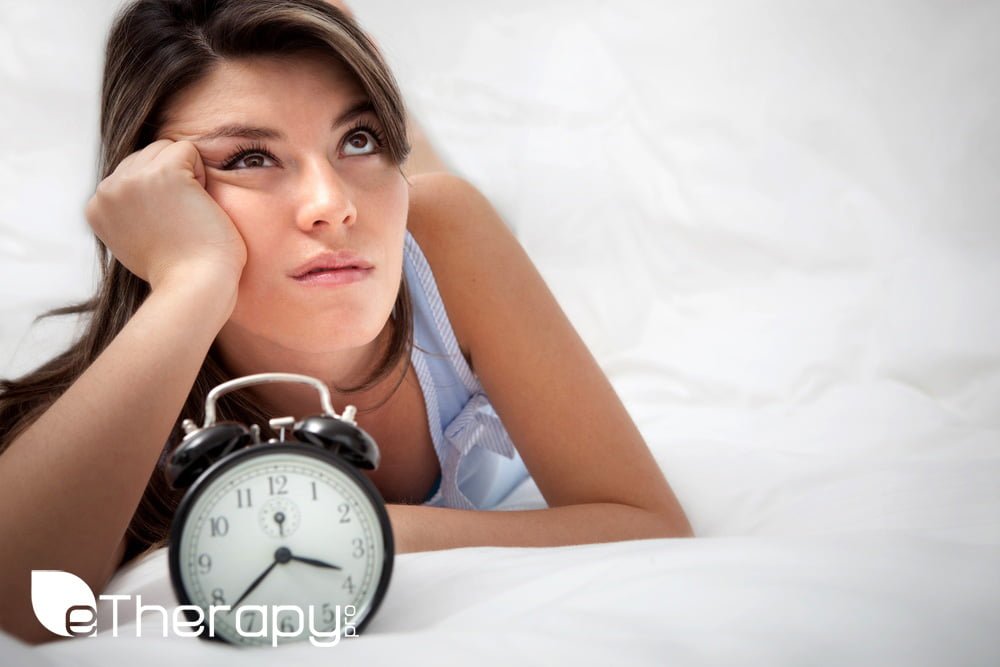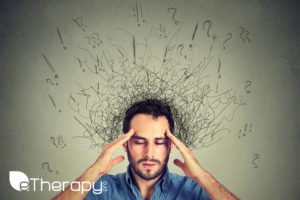
It’s another sleepless night, already 4 am, and you have to get up in two hours. You have yet to sleep. Your mind will not shut off long enough to let sleep come. You keep thinking and thinking, worrying at times. This is insomnia and it’s one of the sleep issues that can arise from anxiety and anxiety-based disorders.
Anxiety and anxiety-based disorders, like generalized anxiety disorder (GAD) or post-traumatic stress disorder (PTSD), have a strong correlation with sleep disorders. It may be difficult to determine which came first, the anxiety or the sleep anxiety disorder. What is known is that the two are linked together, causing more and more stress to those who suffer from just one or the other alone.
Causes of Sleep Anxiety Disorder:
For those who suffer from anxiety, are more likely to experience insomnia, the inability to sleep, or suffer from constant waking, not able to enter a deep sleep cycle necessary for good physical and mental health. Rapid-eye movement (REM) sleep is often prevented when anxiety is present, which can be responsible for depression, increased anxiety, hallucinations, difficulty in thinking, and increased risk of cardiac events. People who suffer from anxiety may also have difficulty getting to sleep, and have a longer sleep onset length, than people without anxiety disorders. For the average person, it takes 15 minutes to get to sleep, while someone with an anxiety disorder may take an hour. Sleep is vital to living things, and when a person fails to get that, they begin to break down.
Any anxiety disorder may bring on sleep problems, such as insomnia. It is the anxiety, the energy of fear or nervousness, that keeps the mind and body going. The fight/flight/or freeze response is activated, and the body is alert and ready to go, ready to act, as there is some threat somewhere, whether real or imagined, the body does not know, it just reacts to the threat the mind sees. Other mental illnesses can have anxiety associated with them, some types of depression have anxiety as a feature, or the fear and poor understanding of reality can come with thought disorders. No matter the cause, anxiety is a real feature and disrupts the life of the person who experiences it.
Sleep Anxiety Disorders are unfortunately too common with some estimating that 40 million people in the country suffer from them, with anxiety playing a significant role for many of them. This does not have to be and should be addressed immediately with your healthcare professional. With a combination of education, medication, and talk therapy to help calm the mind and re-evaluate stressful situations, a person can begin to find relief and get a stress-free night’s sleep again.




